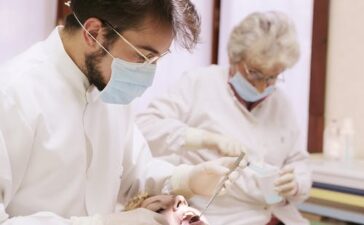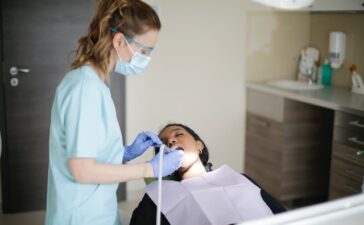In our haste to incorporate horseback riding into our busy schedules of work, family, and social obligations, grooming is generally rushed and limited to just enough to ensure that the horse is only just sufficiently clean.
1)Personal grooming. If you can, make a change to your schedule this year so that you can give your horse a complete grooming session once a week for at least 30 min. Clean the horse all over with a soft bristle brush. Examine your horse’s behavior while you groom him: flinches, ears drawn back, or swishing of the tail might indicate that he is in pain or discomfort. After you’ve done brushing your horse, utilize your fingers to check all over his body for any problems. Always compare the left and right sides of your body while feeling heat, swelling, or discomfort. Once a week, you will be able to tell what is usual for your horse if you do this. Another great way to take care of your horse is to give it an ultrasound. Simply check out equine ultrasound for service from some of the best in the industry.

2) Maintain its weight. If the horse is overweight, he is at danger for a variety of health problems. Fortunately, it is avoidable, therefore if the horse is in danger as a result of his overeating, you can safeguard him by following the steps outlined in this checklist. Make sure he’s getting enough calories while also getting adequate mass, and that you understand the calorific value of what he’s consuming. Check the fat score over his whole body once a week by weighing and measuring him. His heart rate should be raised to 80 beats per minute by participating in 30 minutes of riding, lunging, or leading six days a week. Rather than leaving him stabled, take him out with a muzzle over his face. A vitamin/mineral supplement, often known as a balancer, may help him maintain a healthy diet.
3) Have the horse’s teeth examined on a regular basis. Because domesticated horses eat a different diet than wild horses, they do not wear down their teeth as well as they would out in the great outdoors. Horses should have their teeth examined every six to twelve months, according to industry standards. Dental disorders may manifest themselves in a variety of ways, including quidding, an unpleasant smell coming out of the mouth, and dodging pressure and touch while riding.

4) Allow it to be in nature. The most important thing I would advise horse owners to do to ensure their horses’ protracted health and wellbeing is to provide them with as much turnout to pasture as possible. Turnout promotes physical activity and may aid with weight management. But since wild horses would spend the whole day grazing rocky hill ground simply to consume enough energy to regulate their weight, fertilized, better grazing might cause weight growth in these animals, necessitating the need for extra attention in these situations. There are certain circumstances in which horses cannot be turned out, such as while they are recuperating from major surgery, but in general, the more turnout a horse receives, the better.






